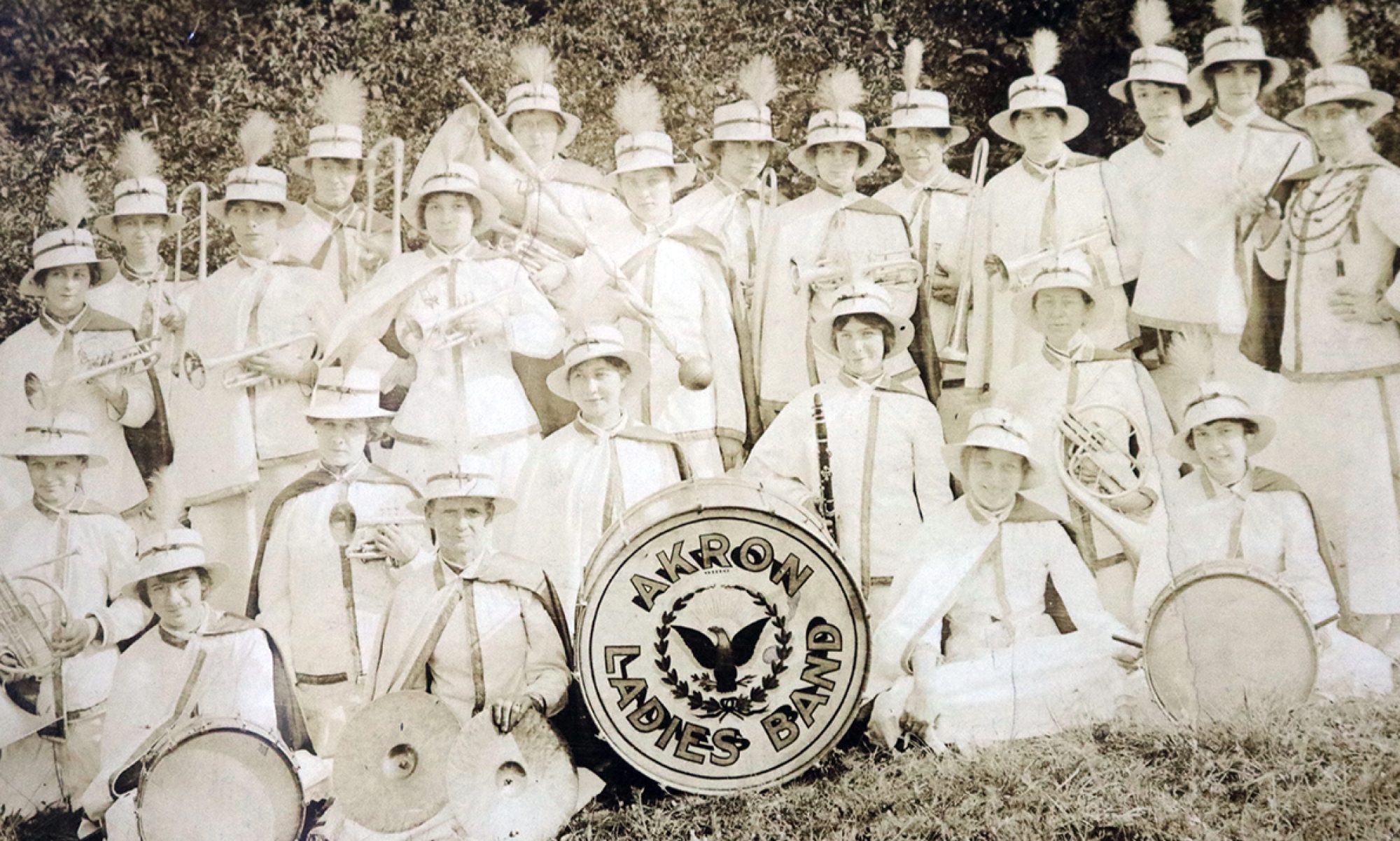When Mary A. Upperman came to Akron, Ohio, in 1916, she was a minister’s wife. But, with the untimely death of her husband, Upperman assumed a new identity, as an entrepreneur. She became perhaps the most successful African-American businesswoman in the city during the Progressive period.
Little is known about Upperman’s early days. She was born in Raleigh, N.C., and was orphaned by the age of 2. She attended the prestigious Scotia Seminary, the rigorous girl’s boarding school in North Carolina that educated the likes of such African-American women leaders as Mary McLeod Bethune, Gertrude Brown and Mary Church Terrell. After graduating at the age of 19, Upperman taught school at Keystone, W.Va.
She and her husband, the Rev. Louis M. Upperman, came to Akron where he became pastor of the Wesley Temple A.M.E. Zion Church. He died in 1917. She stayed in the city and began a new life.
According to the city’s Negro Year Book of 1927, Upperman had the one qualification needed for success, “belief in herself.” She started initially running an employment agency out of her home. By 1920, however, Upperman had diversified. She continued running the employment agency but also ran a thriving grocery and laundry. By 1927, she was the sole owner of the only African American-owned drug store in the city (Globe Drug Store, 103 N. Main St.), even as she continued to run her grocery.
The Depression had some effect on Upperman. In 1931, she ran a confectionary (North End Cut Rate Store, 187 Bluff) and a grocery (189 Bluff) but she had apparently given up her drug store. By 1932, she was concentrating on the grocery business.
Mary A. Upperman died of pneumonia in Akron, on Dec. 7, 1937. She was only 59 years old.
Although she carried on lucrative businesses, Upperman always retained ties to the church that her husband once ministered. She supervised the Sunday school for many years. In 1936, she was a delegate to the general conference of the A.M.E. Zion Church.
She was a member of the board of directors of the Association for Colored Community Work which affiliated with the National Urban League. For the last four years of her life, she also gave domestic science classes for girls.
No known picture exists of Mary Upperman. This advertisment from her drug store courtesy of The University of Akron Archives.
–Kathleen L. Endres
